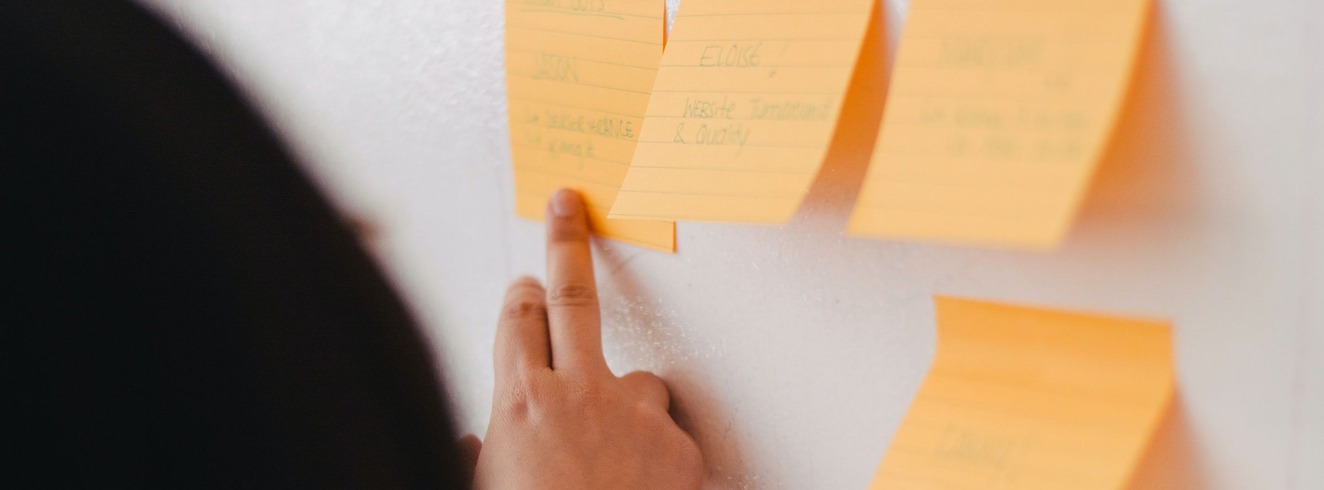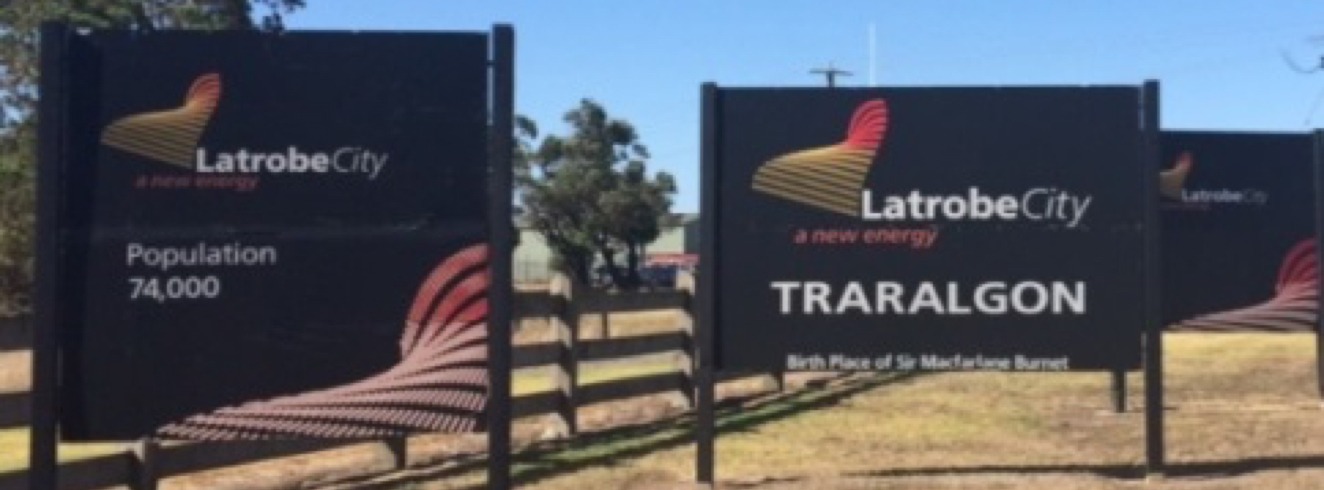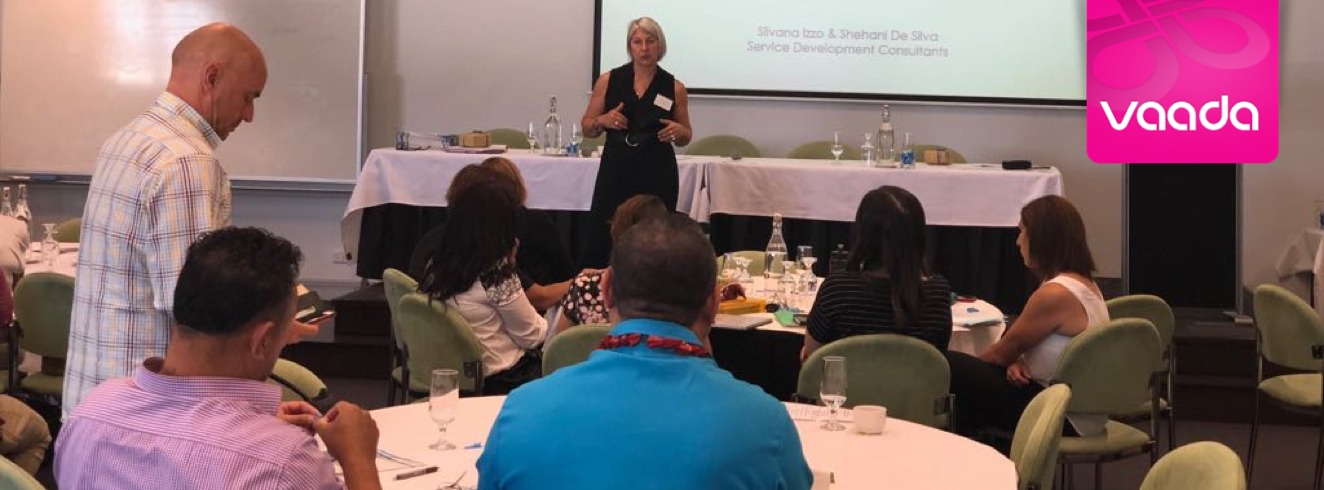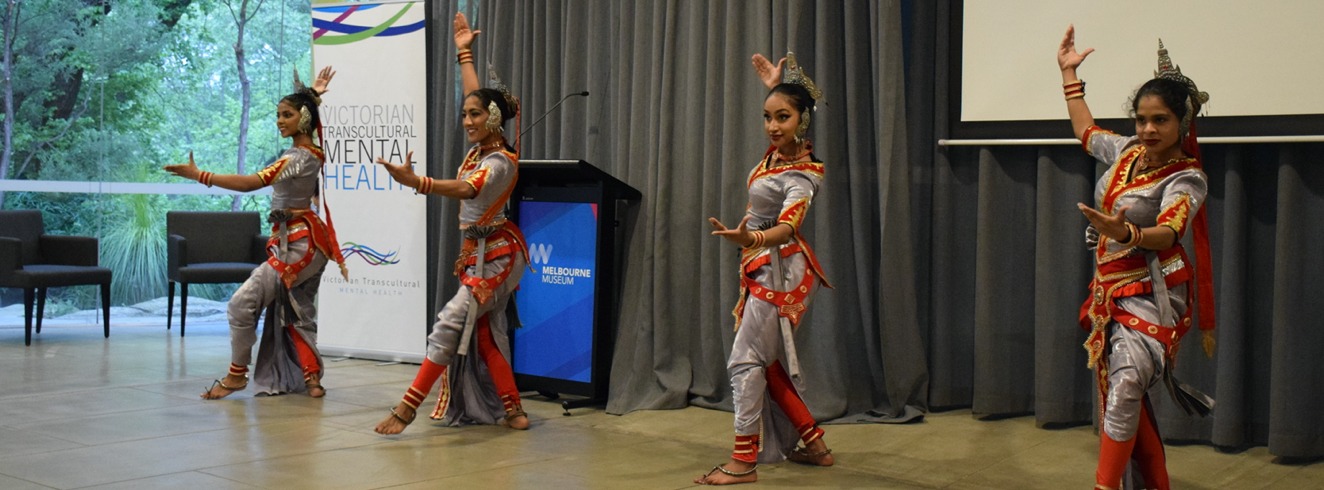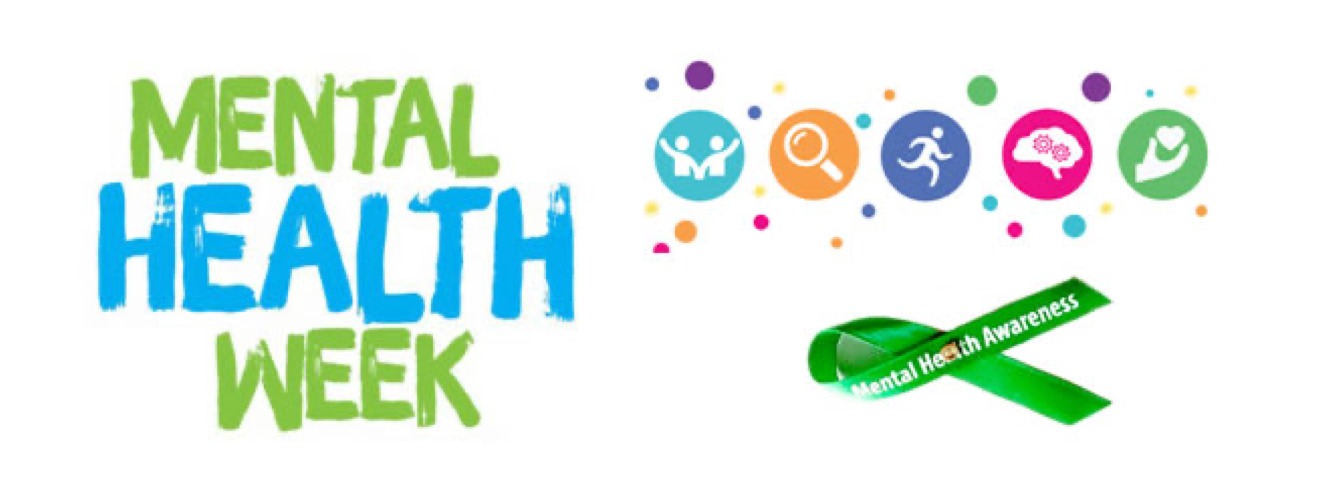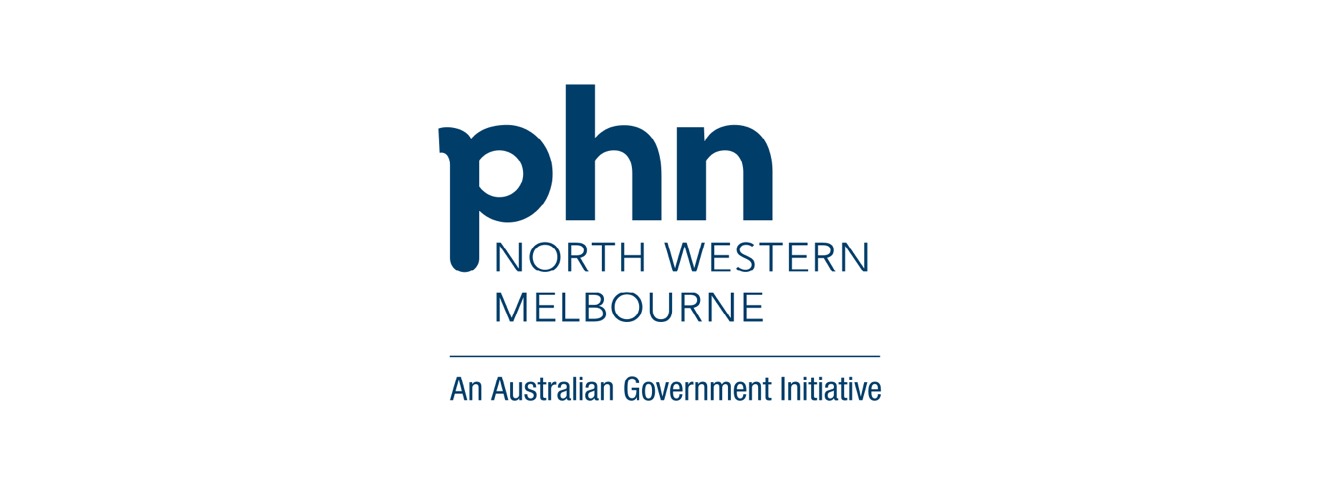
NWMPHN is working to improve the efficiency and effectiveness of health services, and ensure they are accessible to all community members. The Network prioritises individuals and communities at risk of poor health outcomes and aims to improve the coordination of care. Focus areas include Aboriginal and Torres Strait Islander health, health issues associated with alcohol and other drug use, preventing and managing chronic health conditions, the well-being of children and families, suicide prevention, and mental health.
In line with VTMH’s vision, to improve the responsiveness of services across Victoria through collaboration, VTMH accepted a commission by NWMHN to conduct and evaluate three workshops over a total of six sessions:
- Working with culturally diverse communities — an introduction to cultural responsiveness principles and practices.
- Working with interpreters — for practitioners engaging with interpreters in transcultural situations.
- Commissioning for cultural diversity -—cultural responsiveness from an organisational perspective for service provider leaders.



